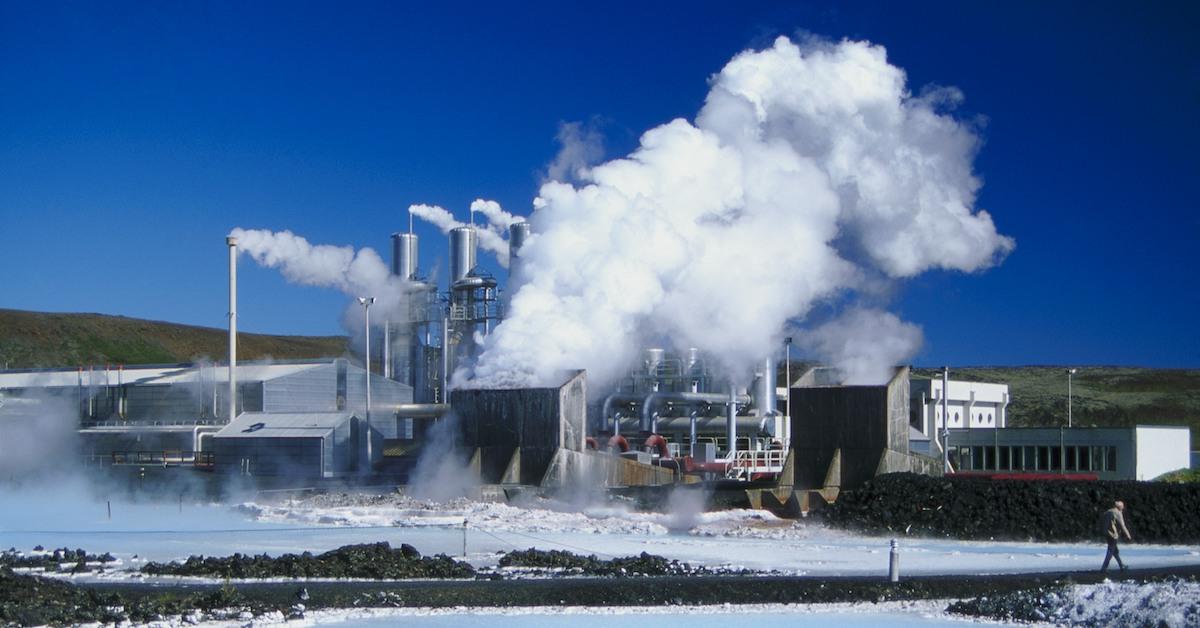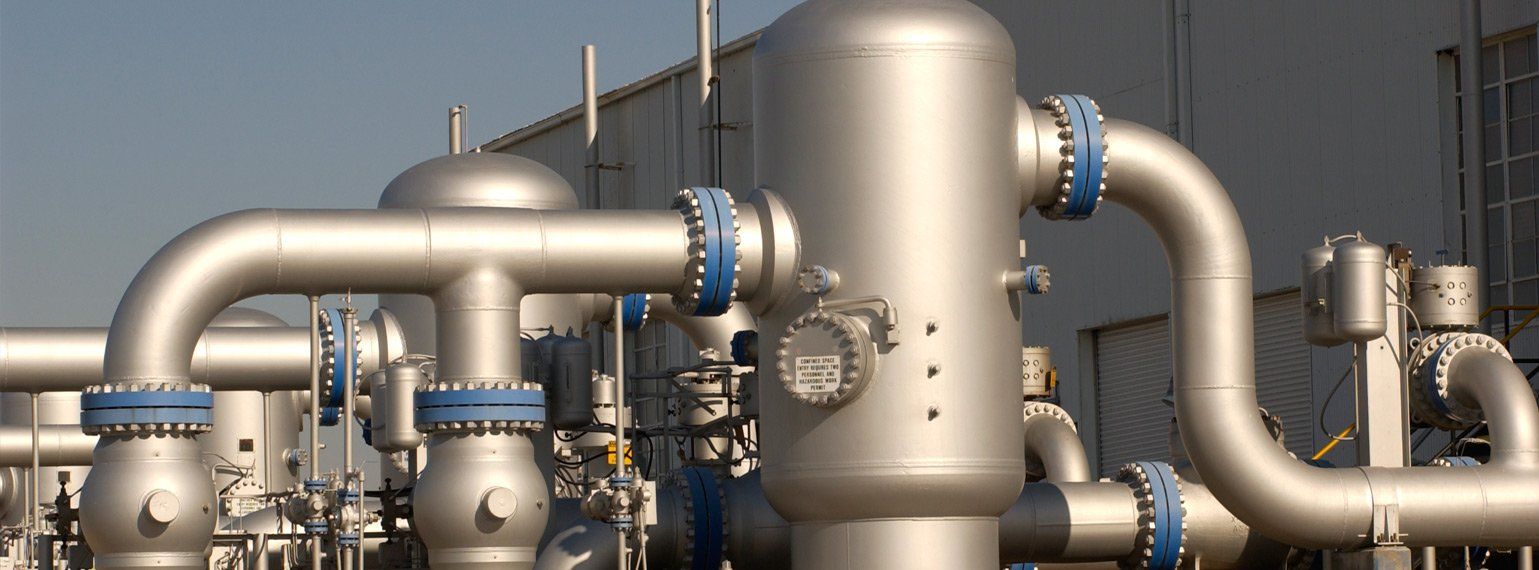Oil Drilling Investments - Big Investment With Big Tax Breaks
Sophisticated investors looking to make big investments are increasingly faced with limited opportunities.
The bull market for stocks is six months away from being the longest bull market in history. Stock prices are at all-time highs and catalysts that can push them even higher are running low.
Then there’s fixed income, where yields on bonds, Treasuries, and savings accounts are at decade lows. But one area is still enticing; oil wells remain some of the best investments for accredited investors, especially with the big tax breaks offered.
You’ve probably heard of the lucrative oil wells in Texas. The worry might be that oil well investing is “played out.” Rest assured, there’s still plenty of investment opportunities here. Texas calls home to big-name billionaires for a reason. The state houses the biggest oil finds in the country.
Most of Texas’ billionaires got their start in the oil industry, including Robert Rowling, who used his oil money to buy both Omni Hotels and Gold’s Gym. Jerry Jones parlayed his oil and gas profits into buying the Dallas Cowboys.
Jones also got back into oil after last month, investing $75 million into Comstock Resources, a Texas oil driller, and explorer.
But, with the help of President Donald Trump and his administration's new policies, there are plenty of new oil well opportunities for investors. The government is opening up new areas for drilling, which include Alaska and Utah. And there’s already been strong demand from oil investment companies to drill in these areas.
Oil Drilling Investments Are Tax-Advantaged
But why do billionaires choose to invest directly in oil wells instead of using mutual funds and the like?
The biggest reason is tax breaks. Now, these don't tax loops, these are tax deductions and exemptions that the Federal government wants you to use.
First - oil companies can deduct intangible drilling costs. These intangible costs are all the costs to drill, except the actual drilling equipment. They include labor and chemicals costs an average of 75 percent of the total drilling costs. All tangible drilling costs are 100 percent deductible thanks to a tax provision that’s now over 100 years old. Regardless of whether the well produces oil or not, these deductions are still allowed.
Second - there are the tangible drilling costs. This is the actual drilling equipment costs, also 100 percent deductible, but depreciated over seven years. For high net worth individuals investing directly in oil wells, they can use any losses during the early years of oil drilling to offset other sources of active income, such as capital gains and salary.
Third - there’s the most prized asset for oil drilling investments, known as the depletion allowance. The 1990 Tax Act allows 15 percent of an investor’s oil well gross income to be exempt from federal taxation. As long as the individual limits their ownership to 1,000 barrels of oil per day, they’ll get this 15 percent tax exemption.
The Newest Big Tax Breaks
Tax breaks for the oil industry are getting better and better as the Trump administration continues to push for energy independence in the U.S. The goal is to encourage the buildup of a strong energy infrastructure, and oil companies need capital to do that. The government is making investments in oil companies even more tax-advantaged to attract that capital.
Passed just before the New Year, the tax laws got their first major reform since the 1980s. The corporate tax rate has moved from 35 percent to 21 percent. But the bigger news for oil investors is that the rate for pass-through entities is now capped at 20 percent, instead of being taxed at the personal income rate. For investors that can’t invest directly in oil wells, this makes partnership investing a viable opportunity.
The government also kept all the original tax breaks mentioned above intact.
Oil drilling investments are looking better than ever. Oil prices have found a floor of sorts, although we’re still only a couple of years removed from the quick crash in prices. But with the now staple price environment, companies that have been putting off investing will likely look to deploy capital in new oil well opportunities. It should also be considered the fortuitous timing for investors as well, especially now that the big tax breaks are safe following the tax reform.
SMART INVESTMENTS
Investing in energy for over 40 years with an extensive and productive portfolio of projects
About Us
We are experts &
provide smart
investments
Our team has more than 40 years of investing and operating experience in the energy industry, which gives us the perspective to understand the challenges and opportunities in today’s industry.
Our Products
The first revolutionary product of our chemicals is defined as a drag reducing agent (DRA). The oil industry uses many thousands of gallons of DRA every day in every pipeline in the world. A drag reducing agent improves the flow of oil in a pipeline. In general, the existing products do not work very well. They continue to be used because any improvement is important and the overall cost of DRA per barrel of oil produced is low (Typically, DRA is injected at about 50ppm). The PFS DRA is a much better product than anything on the market. In existing pipelines, the PFS DRA has shown a 66% improvement of flow within hours of injection into the pipeline.
The second revolutionary product is a MUD lubricant for use in oil drilling. MUD is an existing product with specific functions at the drill tip in the drilling process.mMUD lubricants are added to the MUD to improve the MUD performance. The PFI MUD lubricant has been shown to improve drilling time by 30%. In one trial, drilling time was reduced from 11 days to 8 days in one oil field compared to existing MUD lubricants (Shocking for an industry as developed as the oil industry).
From these main two products we have developed others that benefit all types of industries.







